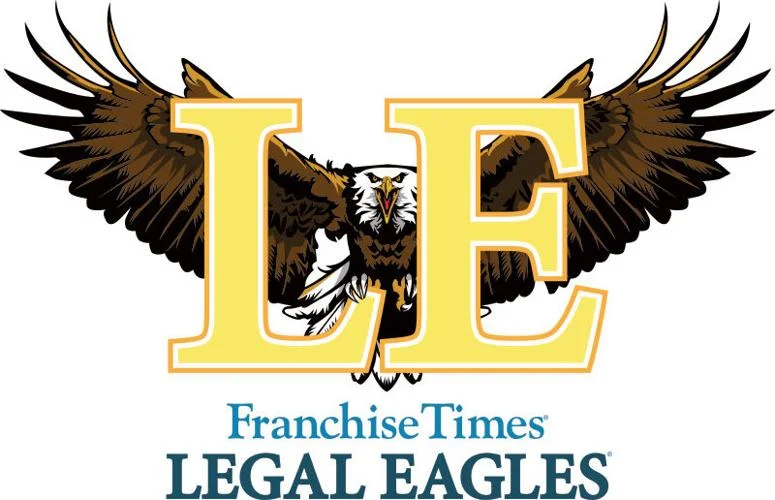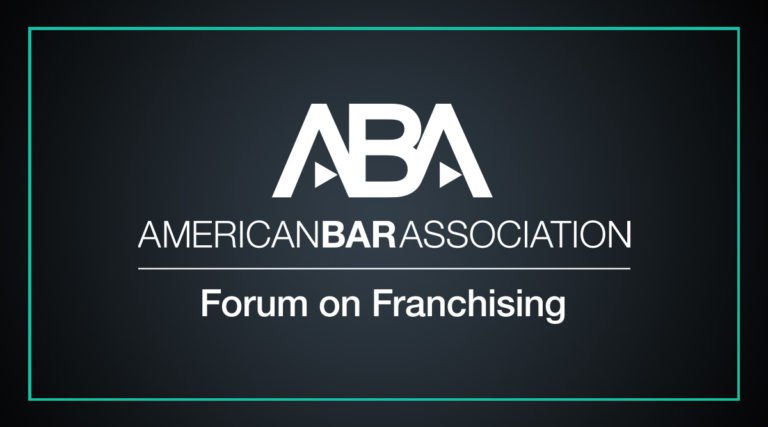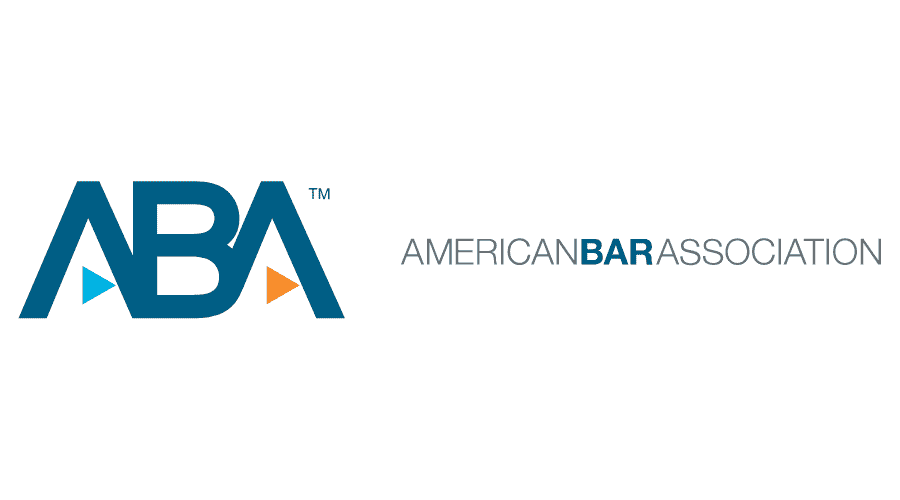The Risks of Building Your Brand Name Around Your Surname
Attention all franchisors!
Are you considering using your last name as a trademark for your franchise? While it may seem like a great way to personalize and differentiate your brand, it can also lead to serious legal troubles.
Using your last name as a trademark can make it difficult for you to sell or transfer ownership of your franchise in the future. It can also make it difficult to expand your franchise beyond your personal reputation, limiting your growth potential.
Surnames and the Patent and Trademark Office
Likewise, brand names that use your last name have a higher risk of rejection at the Patent and Trademark Office (PTO). Under Rule 1211 of the Trademark Manual of Examining Procedure, the PTO will likely reject a trademark that consists of a surname. This rule applies regardless of whether the surname is that of an individual, partnership, or corporation. This is because surnames are generally considered "weak" trademarks, as they are common and can be shared by many people or entities. Additionally, allowing surnames as trademarks could create confusion among consumers and limit competition in the marketplace.
When contemplating using your surname as your brand name, it is important to keep in mind how the US Patent and Trademark Office (PTO) will evaluate your trademark application. The PTO will assess how the consuming public would view the trademark, and there are five factors that they will consider:
Whether the surname is rare, typically by looking at U.S. Census data or the number of businesses that use the same surname;
Whether the term is the surname of anyone connected with the applicant, if the applicant is using their own surname as a trademark, then that is significant evidence that the term is a surname;
Whether the term has any recognized meaning other than as a surname, if the term has a recognized meaning apart from its surname significance, it is evident that a term would not be perceived merely as a surname;
Whether the term has the "structure and pronunciation" of a surname. This is one of the more obscure factors in the PTO's assessment, and the PTO examiner will be required to provide evidence that the consuming public would perceive the term as similar in sound and structure to other surnames.
For logo applications, the PTO will evaluate whether the stylization of lettering is distinctive enough to create a separate commercial impression. This is important because the combination of stylized wording and designs can result in the term not being considered primarily a surname.
If you are using your surname as a brand name, it is important to take certain steps to avoid potential issues. Adding other words to your trademark can be helpful in establishing your brand as more than just a surname. However, it is important to be mindful of descriptive wording, as this too can result in trademark rejection. In our upcoming article, we will explore how to navigate the use of descriptive terms in your brand name. If you need assistance with franchising and intellectual property matters, our team at Charter Law is here to help. For more information on how to build your brand, call Charter Law at (888) 644-1997 or email us at Info@CharterDifference.com.
By: Gage Meyers










